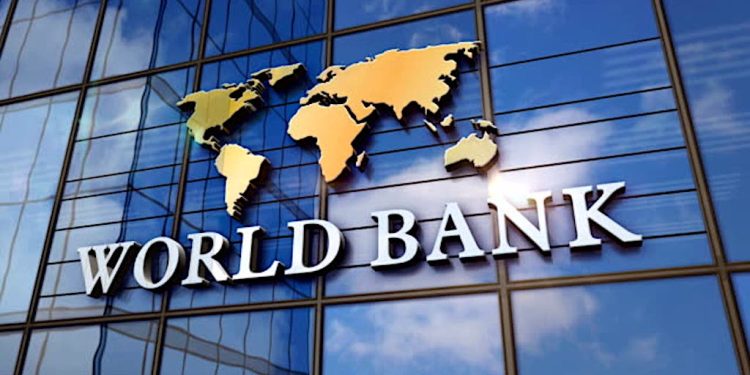The World Bank has issued a firm statement today, April 3, 2025, refuting claims that any of its funded projects in Ghana have been suspended. This announcement aims to reassure stakeholders in Kumasi and across the nation amidst growing concerns about the country’s economic situation.
In a brief release, the multilateral financial institution stated unequivocally: “No projects in the World Bank-financed portfolio in Ghana are currently suspended.”
This clarification follows recent speculation suggesting that two significant World Bank-backed initiatives—the $200 million Tree Crops Diversification Project and the $200 million Ghana Digital Acceleration Project (GDAP)—had been put on hold. These rumors arose following the recent changes in government administration and the dismissal of key officials.
As a vital development partner, the World Bank provides crucial financial support for Ghana’s growth across key sectors, including infrastructure, healthcare, education, and energy. Any disruption to these programs would have significant economic and social consequences, potentially impacting essential services, job creation, and investor confidence within the Ashanti Region and the rest of the country.
While the World Bank’s statement did not explicitly address the reasons behind the speculation, recent discussions surrounding Ghana’s economic outlook and its ongoing engagements with international financial institutions have fueled uncertainty about the status of externally funded projects.
Concerns regarding debt sustainability, potential delays in the release of funds, and adherence to agreed lending conditions have been central to public discourse as Ghana continues to navigate a delicate path towards economic recovery.
Ghana has faced considerable fiscal challenges in recent years, including currency depreciation, high inflation, and an ongoing debt restructuring process aimed at stabilizing the macroeconomy. The government has relied heavily on support from the World Bank and the International Monetary Fund, with both institutions playing a key role in influencing the nation’s economic policies.


